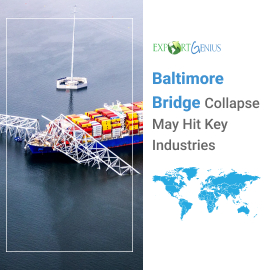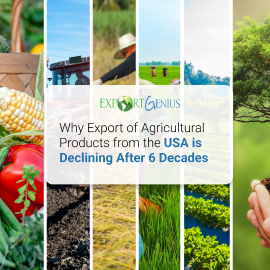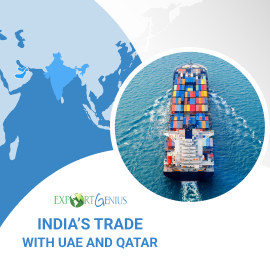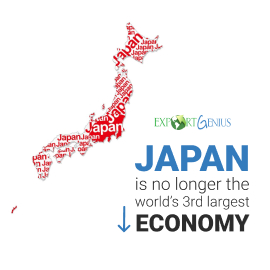G20 Pledges to Coordinate for Strong Global Economic Recovery
01 December 2022
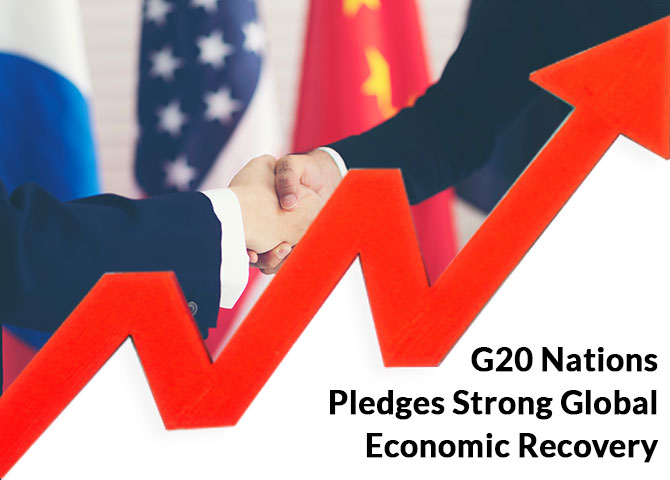
The G20 nations have pledged to take coordinated
actions for having a strong global economic recovery in the 17th G20
Summit held in November 2022 in Bali, Indonesia. According to a report, the G20
economies represent 60% of the world population, 75% of international trade,
and 80% of global GDP. The theme of the Bali G20 Summit under Indonesia’s
presidency was “Recover Together, Recover Stronger”.
In 2021, global economies started to recover from
global production and supply chain disruptions, however, the situation get
worse due to Russia’s invasion of Ukraine this year. The war has created a
serious global food and energy crisis as the movement of shipments has become
restricted through the Black Sea. The G20 communique waxes eloquent on these,
but does not provide a detailed roadmap for economies to coordinate their macro
policies to “Recover Together”.
According to data, the total imports of G20 nations totaled USD 20,104 billion in 2021, and G20 exports stood at USD 19,718 billion. Here is a chart that shows the import and export value of G20 countries reported in 2021.
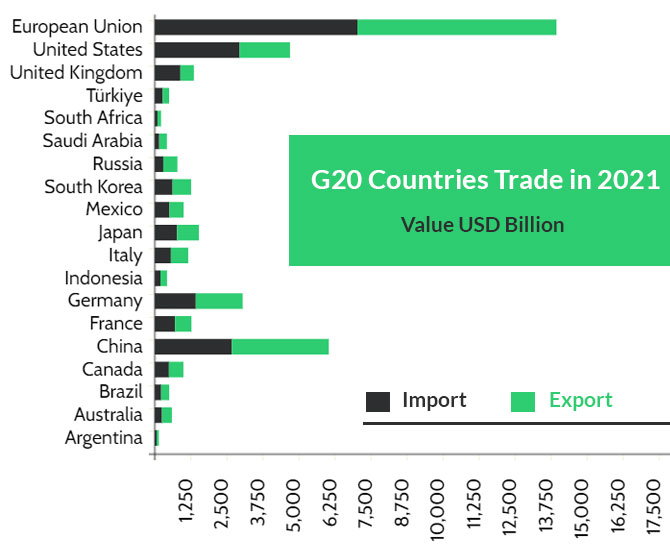
|
Country |
Imports (Value USD Billion) |
Exports (Value USD Billion) |
|
Argentina |
63 |
77 |
|
Australia |
248 |
345 |
|
Brazil |
219 |
280 |
|
Canada |
489 |
503 |
|
China |
2,675 |
3,361 |
|
France |
701 |
569 |
|
Germany |
1,421 |
1,626 |
|
Indonesia |
195 |
228 |
|
Italy |
557 |
601 |
|
Japan |
772 |
757 |
|
Mexico |
506 |
494 |
|
South Korea |
615 |
644 |
|
Russia |
293 |
492 |
|
Saudi Arabia |
152 |
267 |
|
South Africa |
93 |
123 |
|
Türkiye |
271 |
225 |
|
United Kingdom |
888 |
467 |
|
United States |
2,937 |
1,753 |
|
European Union |
7,029 |
6,906 |
The developed economies are largely inwardly focused
and have little inclination to think about the impact of their macroeconomic
policies on the developing world. So, how G20 nations will recover together?
The United States, the world’s largest economy has
developed a policy that is inwardly focused on taming inflation at any cost by
aggressively raising interest rates. It has imposed heavy costs on developing
economies, whose currencies are losing value rapidly, making it more costly to
import food and energy.
Today, macroeconomic coordination is far more
challenging because every economy is under pressure to tighten fiscal and
monetary policies, which were loosened a lot during the Covid crisis. The
policy direction is opposite to what we saw after the 2008 global financial
crisis.
If most G20 economies are tightening and collectively
taking strategic actions, a sharp global economic slowdown and a lot of pain
must ensue. The G20 Presidency is coming to India next year in the most
challenging of times. Under India’s stewardship, G20 will have to discuss how
this policy of hard landing, especially in the United States and the European
Union, can be calibrated to minimize damage to poor countries. It’s a bumpy
road ahead.



